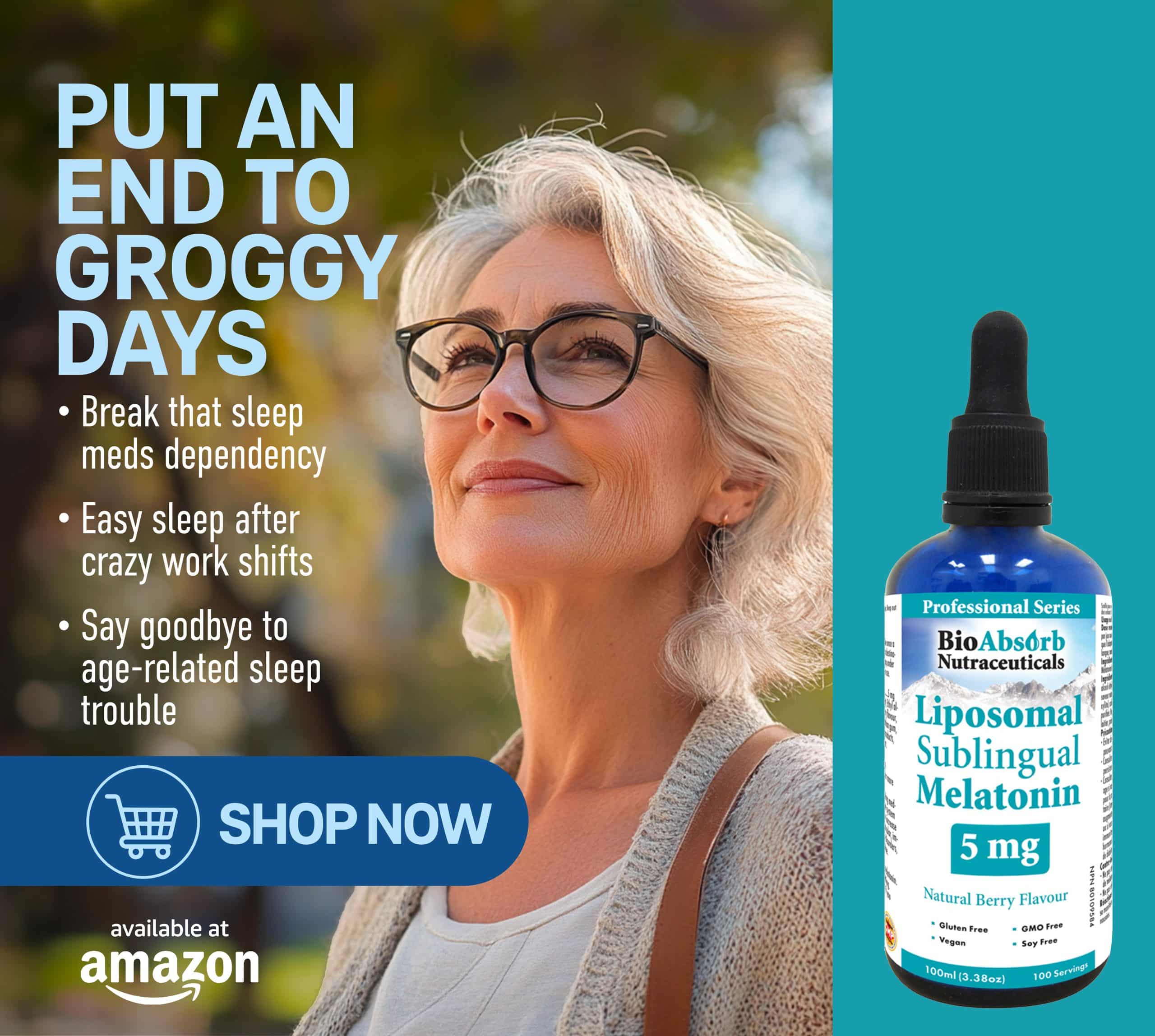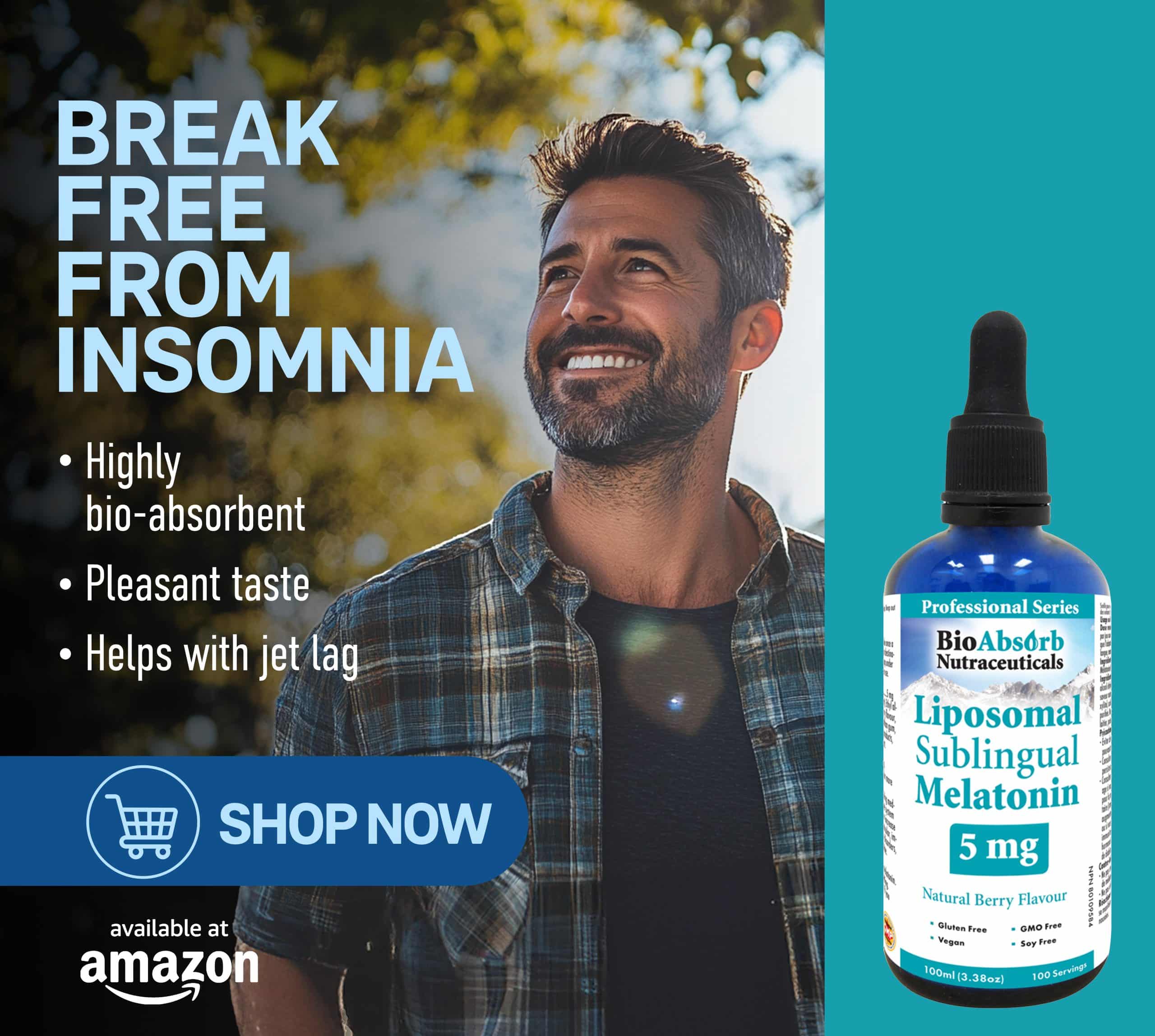Reclaiming Night: How Understanding Circadian Disruption Changes Everything About Alzheimer’s Care

The clock on Martha’s nightstand read 3:47 AM when she finally realised, exhausted and desperate, that she needed help. Her once-predictable mother now wandered the house at midnight, fully dressed and asking for breakfast. “It’s like she’s living in a different time zone,” she said, unknowingly describing one of the most profound yet overlooked aspects of Alzheimer’s disease.
This wasn’t just about sleep problems—this was about the fundamental breakdown of our body’s master timekeeper, and how that breakdown might be driving the very disease we’re trying to fight.
The Hidden Foundation: Why Circadian Disruption Matters More Than We Realized
When most people think about Alzheimer’s disease, they picture memory loss, confusion, and cognitive decline. But what if I told you that some of the most devastating effects of this disease might actually stem from something happening while patients are supposed to be sleeping?
The circadian revolution in Alzheimer’s research has revealed that sleep and timing disruptions aren’t just symptoms—they’re potentially core drivers of the disease process itself. Recent research suggests that the disruption of circadian timing in AD could produce a self-reinforcing feedback loop, where disruption of timing accelerates AD pathogenesis (e.g., amyloid deposition, oxidative stress and cell death) that in turn leads to a further disruption of the timing system.
Think about it this way: your brain has a sophisticated cleaning system that primarily operates during deep sleep. Research has shown that poor sleep leads to amyloid-β (Aβ) and tau protein build-up characteristics of AD through glymphatic clearance interruptions during slow-wave sleep (SWS). When circadian rhythms break down, this cleaning system doesn’t work properly, allowing the toxic proteins associated with Alzheimer’s to accumulate faster.
The Melatonin Connection: More Than Just a Sleep Aid
This is where melatonin enters the picture—not just as a sleep aid, but as a potential guardian of brain health. Different studies have found that melatonin hormone levels reduce even in the pre-clinical stages of AD. Melatonin is the primary sleep-regulating hormone and a potent antioxidant with neuroprotective roles.
What makes this particularly compelling is that researchers at Washington University School of Medicine in St. Louis have found that such circadian rhythm disruptions also occur much earlier in people whose memories are intact but whose brain scans show early, preclinical evidence of Alzheimer’s. This suggests that addressing circadian disruption early might be more important than we ever imagined.
Understanding the Science: What Top Researchers Are Discovering
The most advanced sleep researchers are now approaching Alzheimer’s disease through what I call the “circadian lens”—viewing the disease as fundamentally connected to our body’s internal timing systems.
The Glymphatic System: Your Brain’s Night Shift
During normal sleep, particularly during slow-wave sleep phases, your brain essentially “takes out the trash.” The glymphatic system—a network of vessels that clear waste from the brain—becomes dramatically more active during sleep. When this system is disrupted by poor sleep or circadian dysfunction, toxic proteins like amyloid-beta and tau can accumulate more rapidly.
This isn’t just theoretical. Studies have shown that even a single night of sleep deprivation can increase amyloid-beta accumulation in specific brain regions like the hippocampus and thalamus. Now imagine what happens when circadian rhythms are chronically disrupted for months or years.
The Antioxidant Advantage
As a naturally occurring hormone and robust antioxidant, accumulating evidence suggests melatonin is a compelling candidate to consider in the context of AD-related pathologies. Beyond its sleep-promoting effects, melatonin functions as a powerful antioxidant that can cross the blood-brain barrier—a unique property that makes it particularly valuable for brain health.
Melatonin efficiently protects neuronal cells from Aβ-mediated toxicity via antioxidant and anti-amyloid properties. This dual action—supporting sleep while providing neuroprotection—makes melatonin particularly intriguing in the context of Alzheimer’s disease.
The Clinical Reality: What Research Shows About Melatonin’s Effects
When we look at clinical trials, the results paint a nuanced but encouraging picture. AD patients receiving >12 weeks of melatonin treatment improved mini-mental state examination (MMSE) score, with melatonin significantly improving MMSE score in mild stage of AD.
But here’s what’s particularly interesting: Data from clinical trials indicate that melatonin supplementation improves sleep, ameliorates sundowning and slows down the progression of cognitive impairment in AD patients.
The Sundowning Solution
One of the most distressing aspects of Alzheimer’s disease for families is “sundowning”—the tendency for confusion and agitation to worsen in the evening. This phenomenon provides a perfect example of how circadian disruption manifests in real-world suffering.
Alterations in circadian and sleep functions in AD patients include highly fragmented nocturnal sleep patterns, increased arousals and wakefulness, and decreased levels of daytime activity. When melatonin helps restore some circadian regularity, the improvement in sundowning behaviors can be dramatic.
Practical Applications: A Balanced Approach for Caregivers
Understanding the science is one thing; applying it practically is another. Here’s how this circadian-focused approach can change caregiving strategies:
Creating Circadian Support Systems
Light therapy becomes crucial. Exposure to bright light in the morning and dim light in the evening can help reinforce natural circadian rhythms. This isn’t about buying expensive equipment—even sitting by a sunny window during morning coffee can make a difference.
Timing matters as much as dosage. The timing of melatonin supplementation can be as important as the amount. Generally, taking it 1-2 hours before desired bedtime helps reinforce the natural circadian signal.
Consistency is key. AD patients often exhibit disrupted day–night activity patterns and fragmented or mistimed sleep, which can cause great morbidity and is a major cause of institutionalization. Maintaining consistent sleep and wake times, even when it’s challenging, can help preserve whatever circadian function remains.
The Holistic Approach
Leading researchers emphasize that melatonin works best as part of a comprehensive approach:
- Sleep hygiene: Cool, dark sleeping environment
- Activity timing: Regular daytime activity and evening wind-down routines
- Meal timing: Eating at consistent times helps reinforce circadian rhythms
- Social rhythms: Regular social interactions during daytime hours
Addressing the Complexities: What We Still Don’t Know
I want to be completely transparent about the limitations of current research. Some research suggests that melatonin may benefit people with dementia, such as by improving sleep-wake cycles and cognitive performance. Other research has found no evidence to support these benefits.
This inconsistency in results likely reflects the complexity of both Alzheimer’s disease and individual responses to melatonin. What works for one person may not work for another, and the timing, dosage, and duration of treatment all seem to matter.
The Safety Consideration
Melatonin is generally safe in healthy adults, but experts do not recommend melatonin for elderly people with dementia due to risks. This is why working with healthcare providers is essential—they can help weigh the potential benefits against individual risk factors.
The Future of Circadian Medicine in Alzheimer’s Care
What excites me most about this field is how it’s changing our fundamental approach to Alzheimer’s disease. Instead of viewing sleep problems as just another symptom to manage, we’re beginning to see circadian health as potentially central to preventing and treating the disease.
Circadian disruption and sleep disorders aggravate neurodegeneration and neurodegenerative diseases can in turn disrupt circadian rhythms and sleep. Importantly, circadian disruption and various sleep disorders can increase the risk of neurodegenerative diseases.
This creates both challenges and opportunities. The challenge is that we’re dealing with a complex, bidirectional relationship between sleep and neurodegeneration. The opportunity is that we now have multiple points of intervention.
Emerging Research Directions
Researchers are exploring several promising avenues:
- Chronotherapy: Timing treatments to align with natural circadian rhythms
- Light therapy protocols: Using specific light wavelengths and timing to restore circadian function
- Combination approaches: Using melatonin alongside other circadian-supporting interventions
- Personalized timing: Adjusting treatment timing based on individual circadian patterns
A New Perspective on an Old Problem
Here’s how I’ve come to reframe the conversation around Alzheimer’s disease and sleep: instead of asking “How can we help people with Alzheimer’s sleep better?” we should be asking “How can we protect and restore the circadian systems that help prevent Alzheimer’s in the first place?”
This shift in perspective opens up new possibilities for both prevention and treatment. It suggests that addressing sleep and circadian health isn’t just about improving quality of life (though that’s important)—it might be about addressing fundamental disease mechanisms.
The Ripple Effects
When we successfully support circadian health in someone with Alzheimer’s disease, the benefits extend far beyond sleep:
- Improved cognitive function during waking hours
- Reduced behavioral symptoms like sundowning
- Better quality of life for both patients and caregivers
- Potentially slower disease progression
Questions Worth Pondering
As we wrap up this exploration, I want to leave you with some questions that might change how you think about sleep and brain health:
What if the sleep problems we see in Alzheimer’s disease aren’t just symptoms, but warning signs of deeper circadian disruption that we could address earlier? What if supporting healthy sleep patterns throughout our lives is one of the most important things we can do for long-term brain health?
And perhaps most importantly: How might understanding the circadian nature of Alzheimer’s disease change the way we approach caring for our aging loved ones?
Moving Forward: The Integration of Science and Compassion
The emerging research on melatonin and circadian rhythms in Alzheimer’s disease represents more than just scientific progress—it represents hope. Hope that we might be able to intervene earlier, more effectively, and with greater understanding of the underlying mechanisms.
But science alone isn’t enough. The real power comes from integrating this knowledge with compassionate, individualized care. Each person’s circadian system is unique, shaped by genetics, lifestyle, and the specific ways Alzheimer’s disease affects their brain.
The goal isn’t to prescribe a one-size-fits-all solution, but to provide a framework for understanding why sleep and circadian health matter so much in Alzheimer’s disease, and how tools like melatonin might fit into a broader strategy for supporting brain health.
As we continue to unravel the mysteries of Alzheimer’s disease, one thing becomes increasingly clear: the night holds more answers than we ever imagined. By learning to read the signals our circadian systems are sending us, we might just find new ways to fight back against this devastating disease.
The journey toward better understanding and treatment of Alzheimer’s disease is far from over. But with each study that reveals the deep connections between sleep, circadian rhythms, and brain health, we’re building a more complete picture of how to support not just survival, but thriving, in the face of cognitive challenges.
What questions do you have about circadian health and brain aging? Understanding these connections might be one of the most important steps we can take in preparing for our own healthy aging journey.
Remember: This information is intended for educational purposes and should not replace professional medical advice. Always consult with healthcare providers before making decisions about supplements or treatment approaches, especially for individuals with Alzheimer’s disease or other neurodegenerative conditions.

